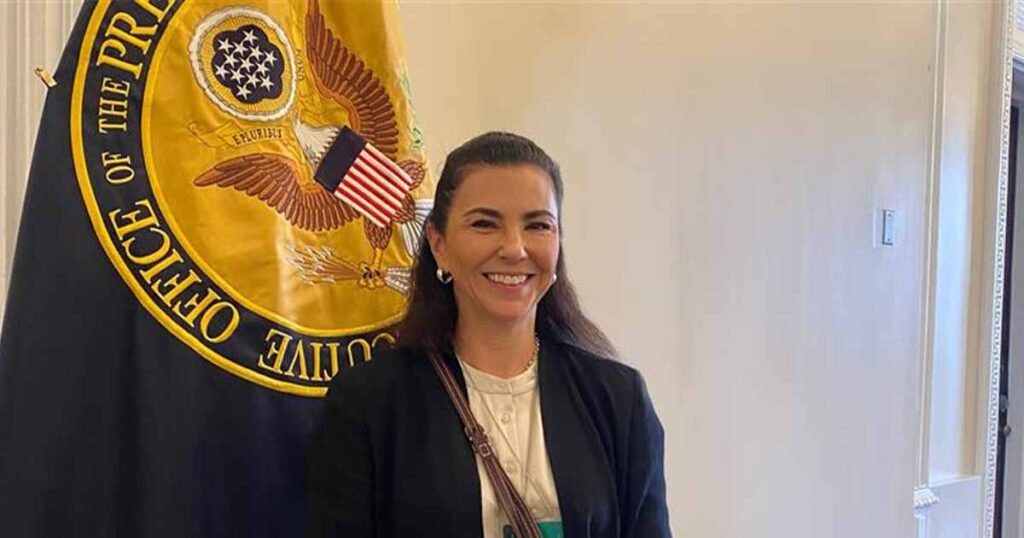Healthcare organizations are increasingly turning to artificial intelligence to drive innovation and improve patient care. However, as these AI deployments move to higher stakes use cases, the need for responsible AI practices becomes more crucial. To address this need, the Trustworthy Responsible AI Network (TRAIN) was formed, focusing on operationalizing responsible AI in all aspects of healthcare, from academic medical centers to underserved rural communities.
One key member of TRAIN is Jennifer Stoll, the chief external affairs officer at the Oregon Community Health Information Network (OCHIN). OCHIN is a nonprofit organization dedicated to equitable healthcare innovation and serves as a trusted partner to a national provider network, offering technology expertise to improve the health of rural and medically underserved communities. Stoll brings extensive experience in creating sustainable solutions for providers in these communities, leveraging data-driven strategies to close care gaps nationwide.
In an upcoming panel session at HIMSS25, Stoll and three other experts will discuss the challenges and opportunities of operationalizing responsible AI in healthcare. The session, titled “From Academic Medical Centers to Rural Healthcare: Operationalizing Responsible AI,” will explore the safeguards, toolsets, and best practices developed by TRAIN, providing attendees with actionable insights for their own use cases.
One of the key areas of focus for responsible AI transformation is ensuring that rural and medically underserved communities are not left behind. Stoll emphasizes the importance of modernized electronic health record systems, trust in AI models, and support for managing and governing these models in these communities. Without access to these essential tools, providers and patients in underserved areas risk being excluded from the benefits of AI-driven healthcare transformation.
Stoll’s message to healthcare leaders is clear: thoughtful and careful use of technology is essential to ensure that all communities can participate in the AI revolution. Local validation, lifecycle management, and governance of AI systems are crucial for building trust and ensuring that AI tools are effective and beneficial for all patients, particularly those in medically complex rural areas.
At HIMSS25, Stoll hopes attendees will leave the session with a renewed commitment to creating a level playing field for providers in underserved communities. By investing in funding, partnerships, and collaboration, healthcare organizations can accelerate innovation and improve outcomes for patients and providers across all communities. The goal is to drive progress by training and testing new models in under-resourced settings, ultimately benefiting patients and providers nationwide.
Stoll’s panel session at HIMSS25 is a must-attend for healthcare professionals looking to incorporate responsible AI practices into their organizations. By embracing responsible AI, providers can ensure that all communities have the resources needed to participate in the healthcare revolution, driving innovation and improving care for all.


